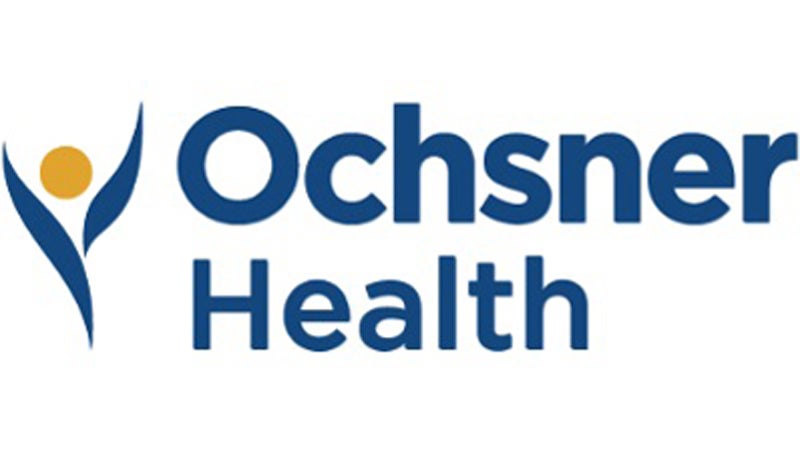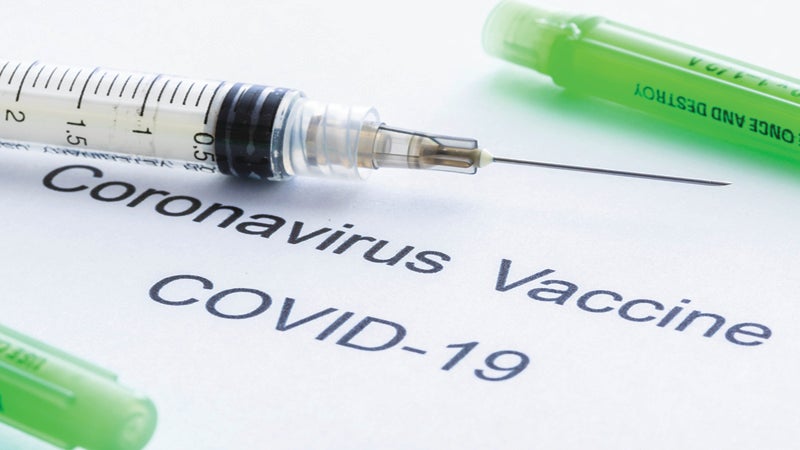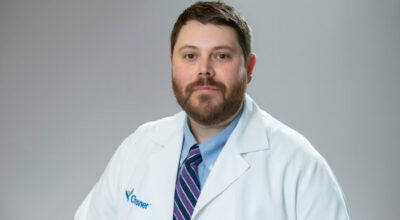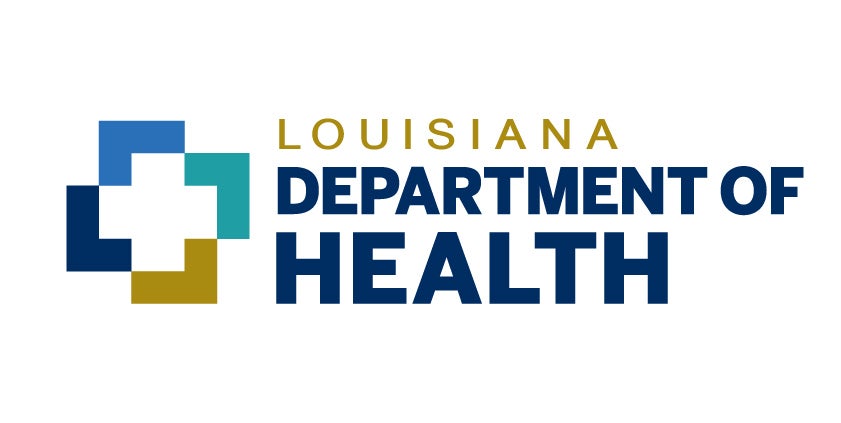Ochsner: Returning to sports after COVID-19: Impacts on the heart
Published 8:40 am Wednesday, September 30, 2020
|
Getting your Trinity Audio player ready...
|
Many schools are back in session, and sports have begun to resume. Many parents wonder if and when it’s safe for their children to pick up sports after having a COVID-19 infection. Coronavirus differs from other cold viruses because of its significant impact on the lungs as well as inflammation of the heart. While we all know that physical activity increases your heart rate, it is also important to note that increasing your heart rate too high after battling an infection can put a strain on your heart and lungs, which can be detrimental.
Evidence-based recommendations for return-to-play are limited due to the newness of the disease. However, several consensus recommendations have been made and are being followed closely, as guidance is likely to change as we get further into this pandemic. Fortunately, children are largely spared of the severe symptoms associated with COVID-19, but some children do develop Multisystem Inflammatory Syndrome in Children (MIS-C), where various body parts can become inflamed, including the heart, lungs, kidneys or gastrointestinal organs. Children may experience abdominal pain, vomiting, diarrhea, neck pain, rash or fatigue.
Athletes should all have an evaluation by a medical provider before resuming athletic activity after testing positive for COVID-19 or MIS-C.
If your child was asymptomatic or had minor symptoms:
Children who have had an asymptomatic or mild disease can return to play when they have been asymptomatic for more than 14 days in addition to being cleared by their medical provider. Tests such as an electrocardiogram (EKG) may be ordered in some for further screening, as this can help to identify a possible complication of a COVID-19 infection: myocarditis – an inflammation of the heart muscle, usually caused by an infection, that can reduce your heart’s ability to pump, causing rapid or abnormal heart rhythms.
If your child had moderate symptoms:
Children who have moderate symptoms (feverish, needing bedrest but not requiring hospitalization) are also recommended to be asymptomatic for more than 14 days and have an evaluation by their medical provider before returning to sports. Factors such as age and level of intensity may guide further testing such as an EKG, echocardiogram or blood tests to look for evidence of inflammation in the heart before returning to sports.
If your child had severe symptoms:
Athletes with severe COVID-19 infection requiring hospitalization, or if they have ongoing symptoms, are at higher risk for cardiac dysfunction and dangerous heart rhythm dysfunction. These children should be evaluated by a pediatric cardiologist before returning to play. Testing varies but may include an EKG, echocardiogram or blood tests to look for evidence of inflammation in the heart, monitoring for heart rhythm abnormalities, exercise testing, cardiac MRI and pulmonary evaluation.
If your child was in contact with someone with COVID-19:
Athletes who have been in close contact with someone with COVID-19 may not participate in sports while they are in quarantine, which must last for at least 14 days.
Athletics are an important part of socialization, fitness and learned discipline, and keeping children safe is the top priority. It is recommended that when children return to sports, they return gradually to ensure they do not have symptoms as they increase their athletic participation. It is also important to follow the guidance of health officials to decrease the likelihood of spread within our community so athletes can participate safely.

Jake Kleinmahon, MD
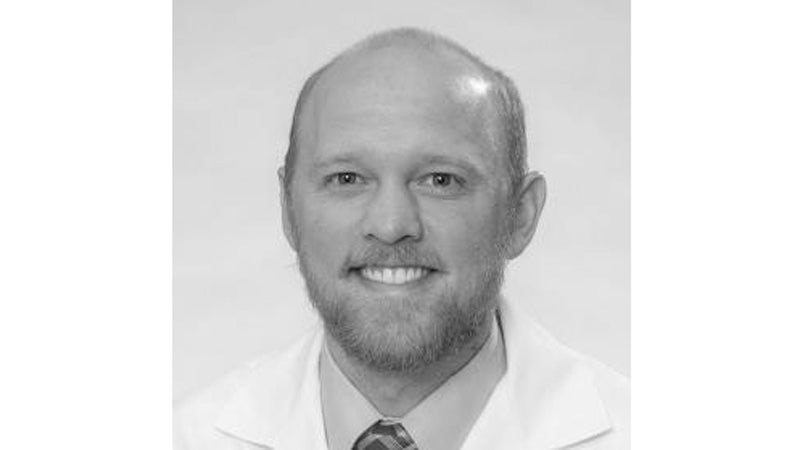
David Leslie, DO
Dr. Jake Kleinmahon is medical director of Ochsner’s pediatric heart transplant, heart failure and ventricular assist device programs. He also has advanced training in pulmonary hypertension care of infants and children. Dr. David Leslie is a primary care sports medicine physician who serves as a team physician for several local colleges and high schools in the New Orleans metro area. Dr. Leslie is an active member of Ochsner’s Concussion Management Program.


